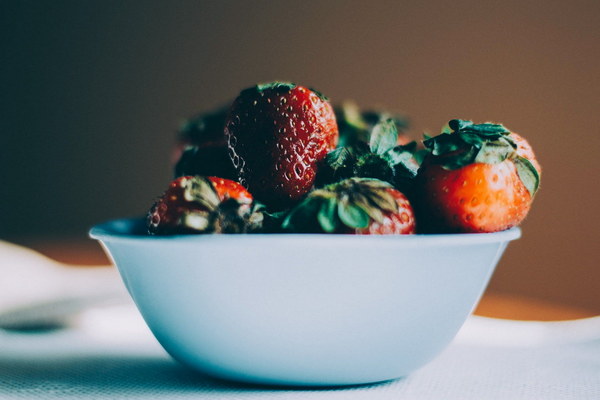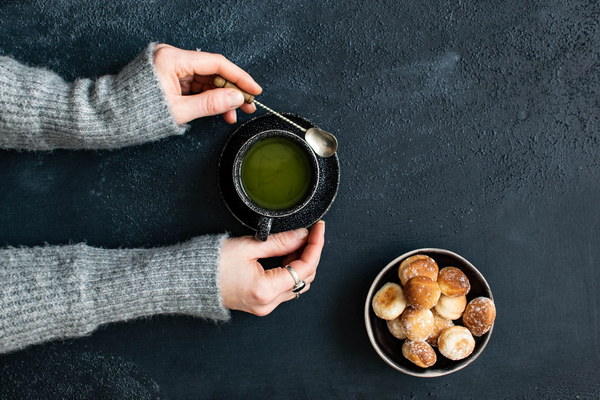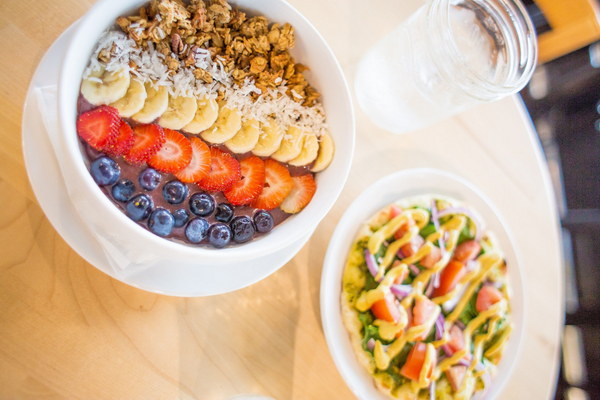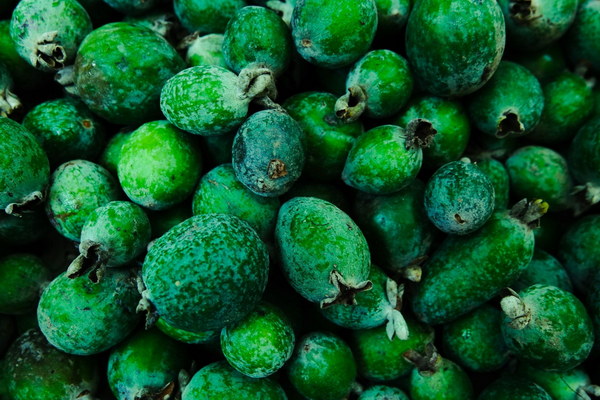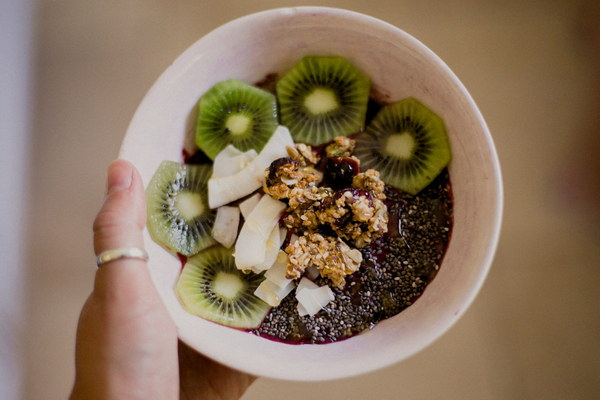Natural Remedies and Herbal Tonics What to Eat for a Healthier Menstrual Cycle
In the quest for a healthier and more comfortable menstrual cycle, many women turn to natural remedies and herbal tonics. These holistic approaches can help alleviate menstrual symptoms, regulate hormonal imbalances, and support overall reproductive health. Here’s a guide to the best food and herbs to incorporate into your diet during your menstrual period.
1. Nourishing Soups and Stews
During menstruation, the body often craves warm, comforting foods that can help soothe the stomach and provide essential nutrients. Soups and stews are excellent choices. They can be made with a variety of ingredients that have specific health benefits:
- Beef or Chicken Soup: Rich in iron, which is crucial for replenishing blood lost during menstruation. Add carrots, tomatoes, and spinach for additional iron and vitamin C to enhance absorption.
- Lentil Soup: Lentils are an excellent source of iron, fiber, and protein, making them a hearty and nutritious option.
- Broccoli and Quinoa Stew: Broccoli is rich in calcium, which can help reduce cramping, and quinoa provides a good balance of omega-3 fatty acids, protein, and fiber.
2. Herbs and Spices
Herbs and spices not only add flavor but also offer medicinal properties that can support menstrual health:
- Cinnamon: Known for its blood sugar-regulating effects, cinnamon can also help balance hormones and reduce menstrual cramps.
- Ginger: This warming herb is known for its anti-inflammatory properties, which can help alleviate cramping and improve digestion.
- Turmeric: With its anti-inflammatory and antioxidant properties, turmeric can support overall women's health and reduce menstrual pain.
3. Fruits and Vegetables
Certain fruits and vegetables are rich in vitamins, minerals, and antioxidants that can support menstrual health:
- Bananas: High in potassium, bananas can help regulate fluid balance and reduce bloating.
- Blueberries: These berries are packed with antioxidants and can help reduce inflammation.
- Spinach: A great source of iron, magnesium, and calcium, spinach can help alleviate cramping and support bone health.
4. Nuts and Seeds
Nuts and seeds are a great source of healthy fats, protein, and minerals that can help regulate hormones and reduce menstrual discomfort:
- Almonds: Rich in magnesium, almonds can help alleviate cramping and improve mood.
- Chia Seeds: High in omega-3 fatty acids and fiber, chia seeds can help regulate hormones and improve digestion.
- Flaxseeds: Flaxseeds are an excellent source of lignans, which have hormone-balancing properties and can help reduce menstrual symptoms.
5. Herbal Teas
Herbal teas can be a soothing and effective way to support menstrual health. Some popular options include:
- Chamomile Tea: Known for its calming properties, chamomile can help reduce stress and improve sleep quality.
- Peppermint Tea: Peppermint can help alleviate cramping and improve digestion.
- Red Raspberry Leaf Tea: This tea is traditionally used to support women’s reproductive health and can help regulate the menstrual cycle.
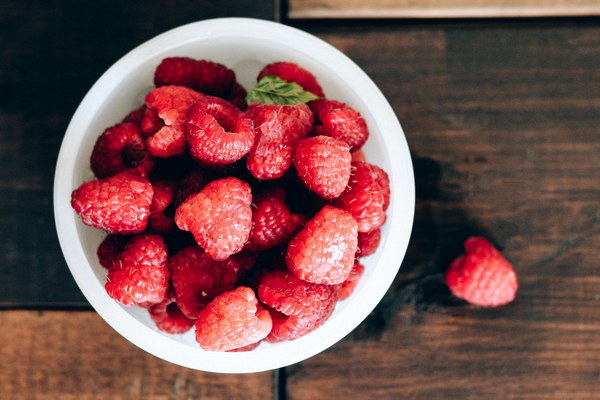
6. Foods to Avoid
While certain foods can help alleviate menstrual symptoms, there are also some that should be avoided:
- Sugary Foods: High sugar intake can exacerbate bloating and cramping.
- Dairy Products: Some women may find that dairy exacerbates bloating and cramping; consider reducing dairy or opting for plant-based alternatives.
- Caffeine: While a small amount of caffeine may be fine, excessive intake can increase anxiety and worsen cramping.
By incorporating these natural remedies and herbal tonics into your diet, you can support a healthier and more comfortable menstrual cycle. Remember, it’s always best to consult with a healthcare professional before making significant changes to your diet or starting any new treatment.
